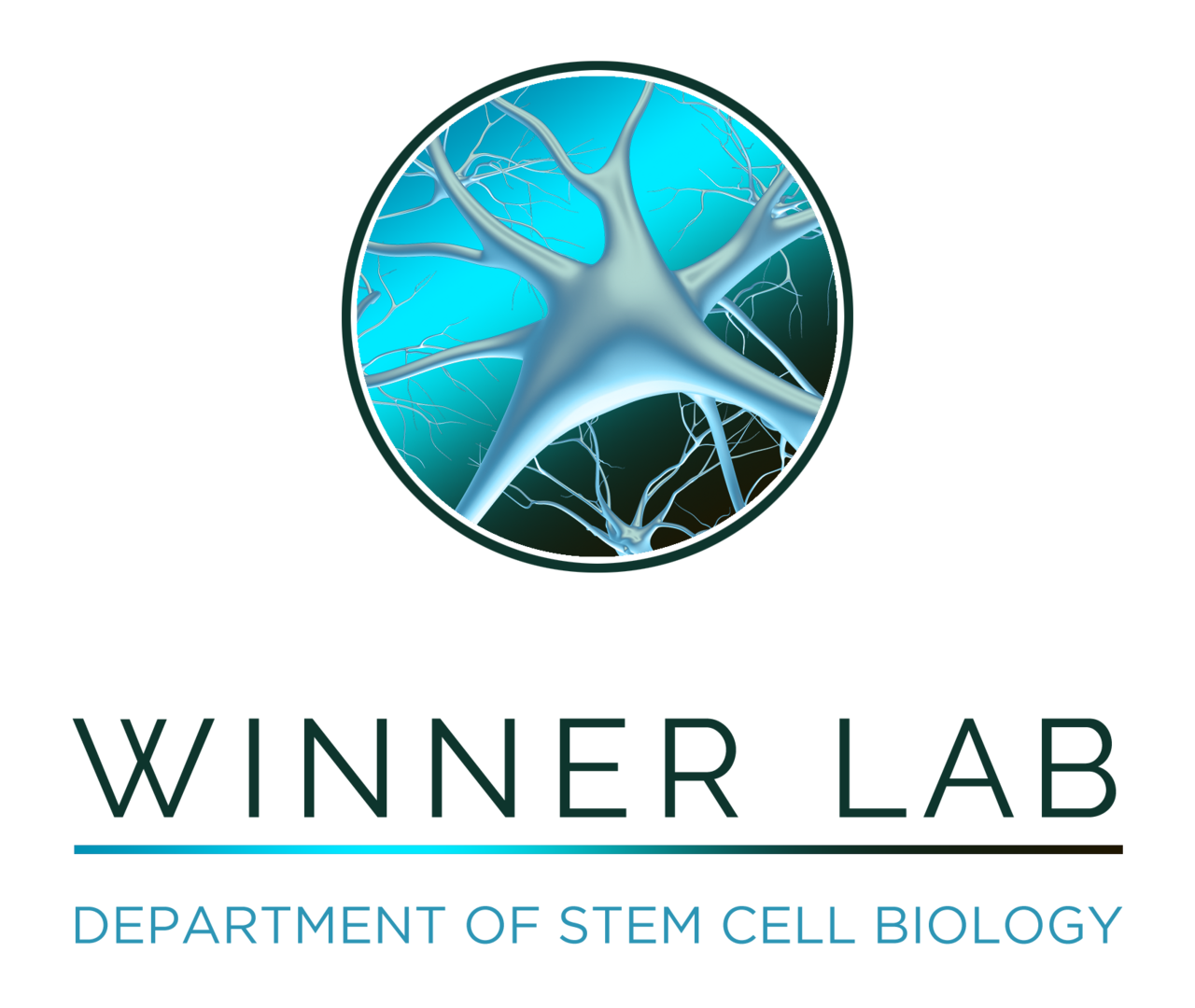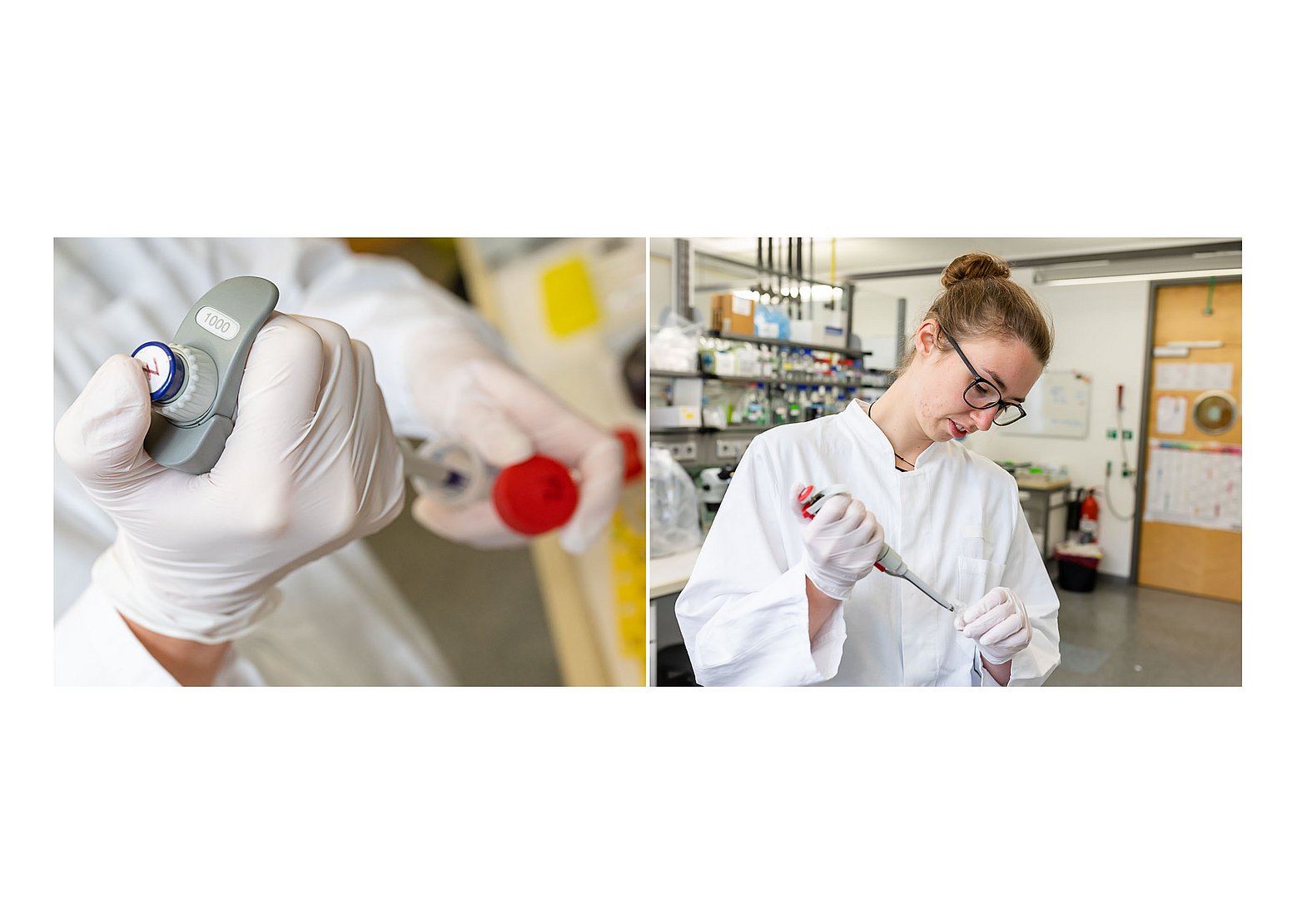
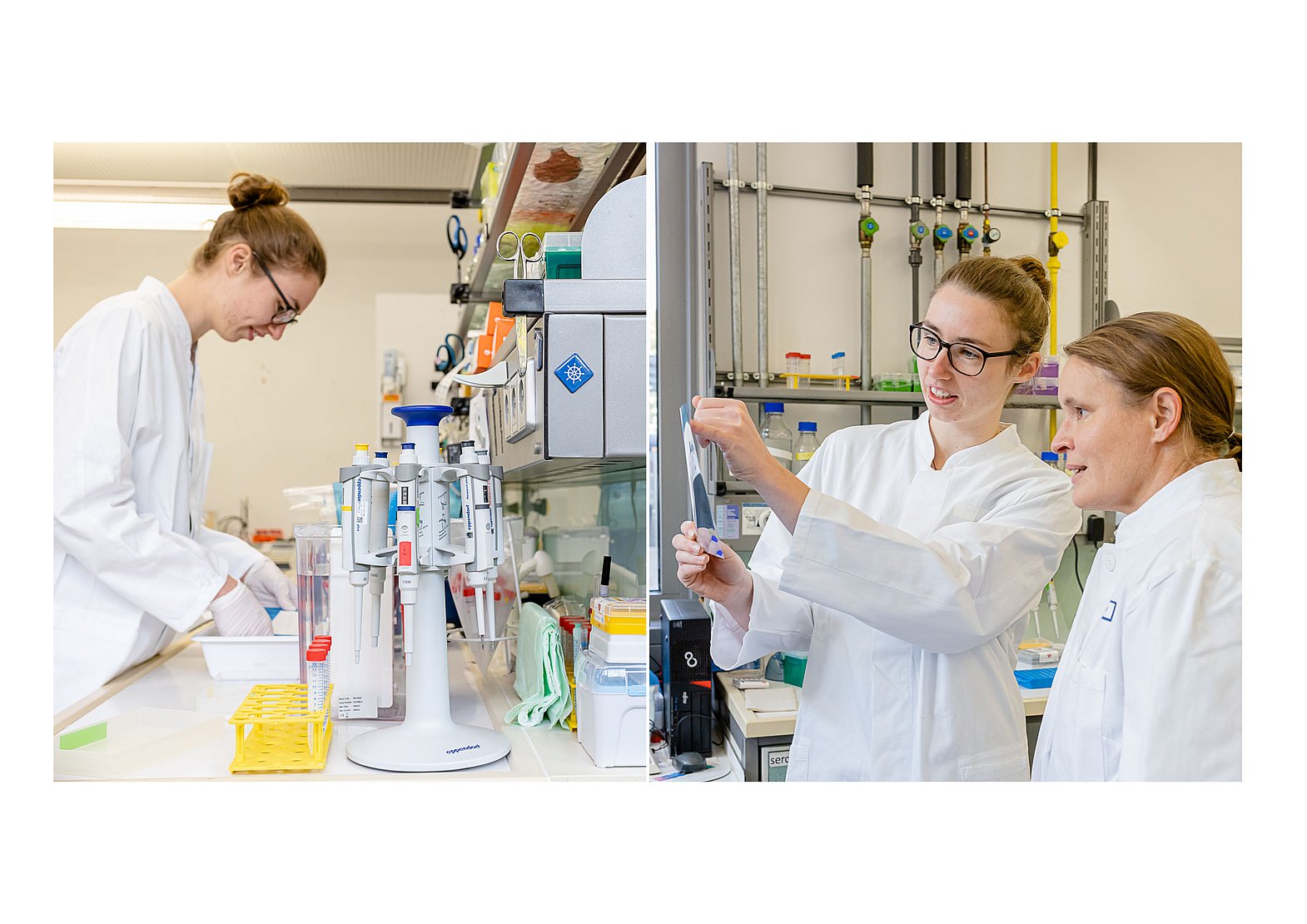
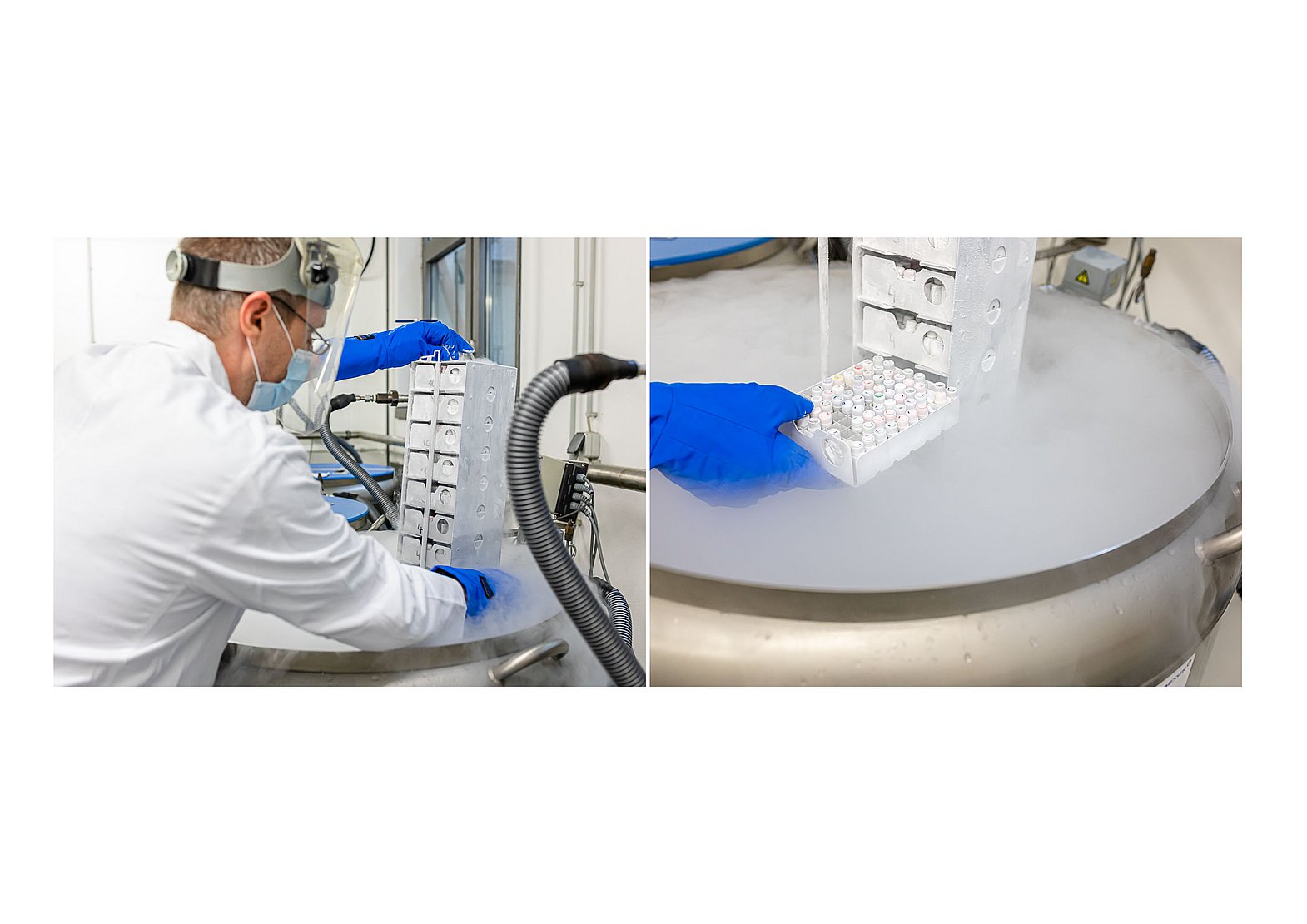
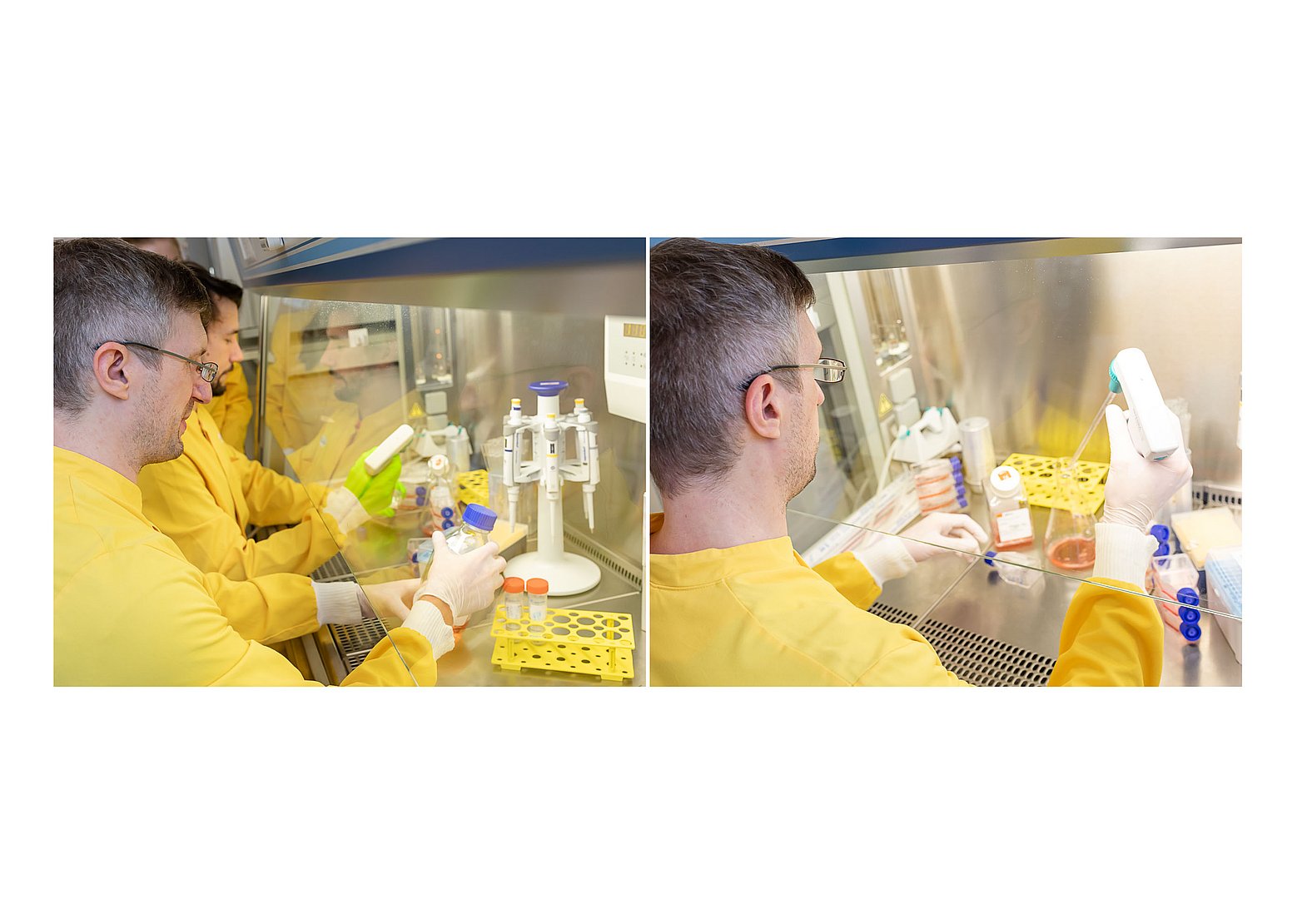
Research in the stem cell biology
By combining expertise in stem cell biology and neurobiology, our laboratory has developed a new approach to the study of neurodegenerative and neurodevelopmental diseases in human stem cell models. Our research focuses on understanding the molecular pathology of specific neurodegenerative and neurodevelopmental diseases. This approach allows us to understand the normal interaction between human neurons and glial cells and the effects of genes involved in neurodegeneration and neurodevelopment on neurite integrity in human stem cell-based models.
We are working to understand how neurons from patients with various neurological diseases differ from those of healthy controls. Specifically, we obtain skin samples from patients, which are then reprogrammed into induced pluripotent stem cells (iPSCs) and subsequently differentiate into human neurons and glial cells. We seek to understand the normal interaction between human neurons and glial cells and the effects of neurodegeneration on neurite integrity in human stem cell-derived models. The goal of our research is to better understand the genetic and cellular mechanisms in the hope that this may one day lead to new potential therapies.
Our human stem cell-based research is currently focused on the following areas:
- Modeling human motor neuron diseases
- Modeling sporadic and genetic Parkinson's disease
- Modeling immune checkpoints of gut-brain communication in inflammatory and neurodegenerative diseases
Additional Profiles:
- Modeling chronic pain disorders
- Modeling of cognitive ability disorders with defective chromatin
[Translate to English:] Kontakt
[Translate to English:]
Kussmaulallee 4
91054 Erlangen
Telefon: 09131 85-46847
E-Mail: stammzellbiologie(at)uk-erlangen.de
Homepage: www.stammzellbiologie.uk-erlangen.de




